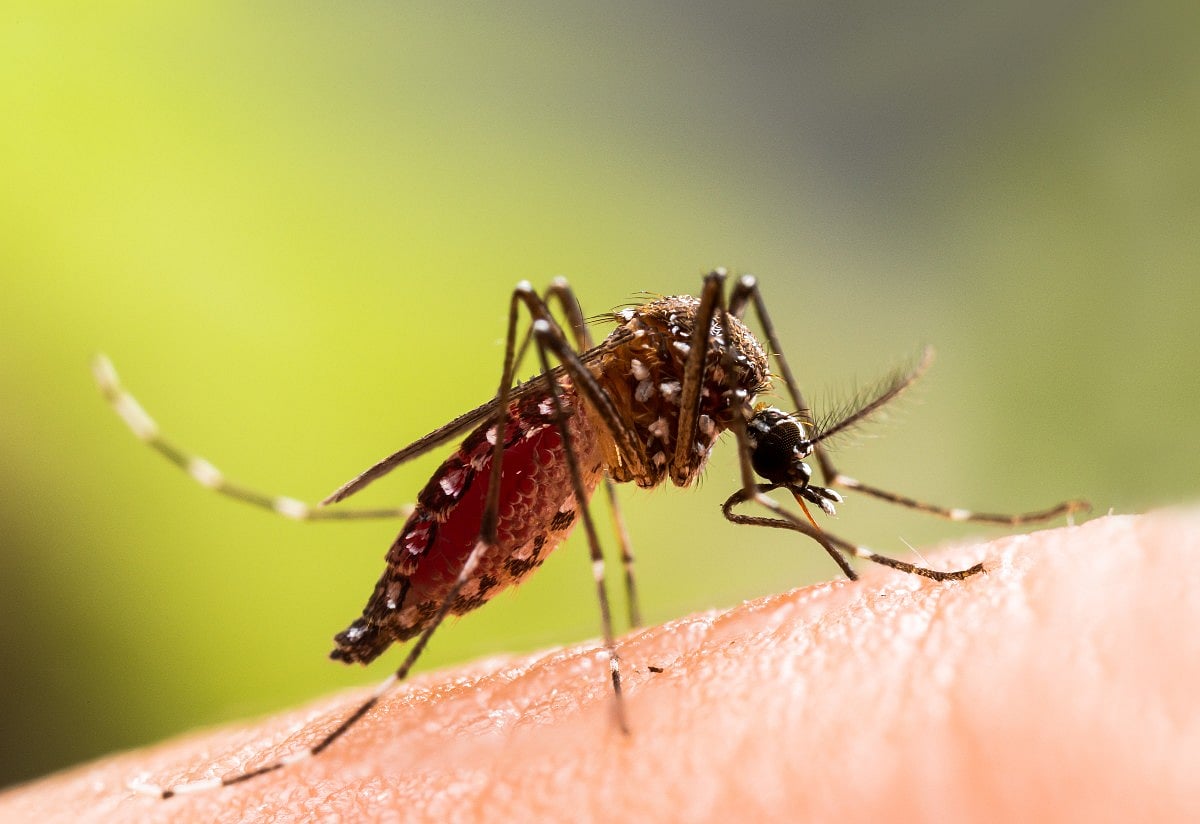Get Healthy!

- Dennis Thompson
- Posted July 22, 2024
Prenatal Exposure to Zika Virus Might Affect Child's Immune System
Children exposed to Zika virus in the womb might suffer long-term damage to their immune system, a new study warns.
Zika virus is known to cause microcephaly, brain disabilities and other birth defects in about 5% of children whose mothers contract Zika virus while pregnant, researchers said.
But this study suggests that the 95% of children born of women infected with Zika during pregnancy might have been affected by the virus nonetheless, in subtle ways that will affect their future health.
“The medical field has a very specific definition of congenital Zika syndrome. The children must have impaired skull or brain development,†said lead researcher Suan-Sin Foo, a maternal-fetal virologist with the Cleveland Clinic. “Our study clearly shows that there’s much more to this condition than meets the eye.â€
For the study, researchers analyzed blood samples taken from newborn and 2-year-old children whose mothers were infected by the Zika virus during a large outbreak in Brazil in 2015.
Analysis revealed highly elevated levels of inflammation even two years after the Zika infection had cleared, researchers found.
The children’s immune systems also favored producing certain types of immune cells, which altered their responses to childhood vaccines. This left them likely vulnerable to diphtheria, tetanus and whooping cough, researchers said.
These immune problems were not linked to any other physical or neurological symptoms related to Zika birth defects, the researchers added.
An entire group of pregnancy-related Zika complications might have fallen through the cracks because these long-term immune differences were not immediately apparent in these kids, Foo said.
“Studies have only really focused on what’s happening with the children who were born with visible physical conditions like microcephaly or neurological complications,†Foo said in a Cleveland Clinic news release.
“The rest of these kids may not even have a note on their chart mentioning that their mother was infected during pregnancy,†Foo added. “Unless they’re part of our study, they’re essentially lost to the medical field.â€
The new study was published July 17 in the journal eBioMedicine.
The research team now is conducting studies to understand how Zika virus causes these changes in immune development, in hopes of blocking or reversing the virus’ effects.
“We need to expand diagnostic criteria and conduct more research to make sure these immunologically vulnerable children get the care they need and stop falling through the cracks,†Foo said.
More information
The American College of Obstetricians and Gynecologists has more on Zika virus and pregnancy.
SOURCE: Cleveland Clinic, news release, July 18, 2024







